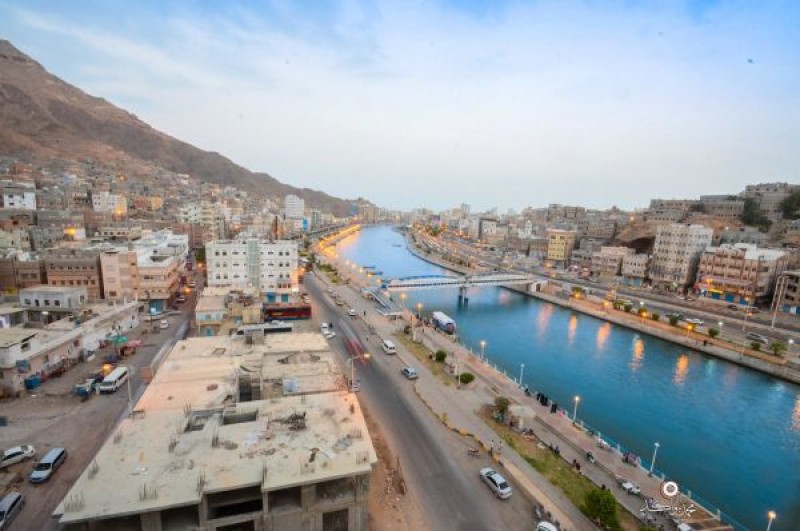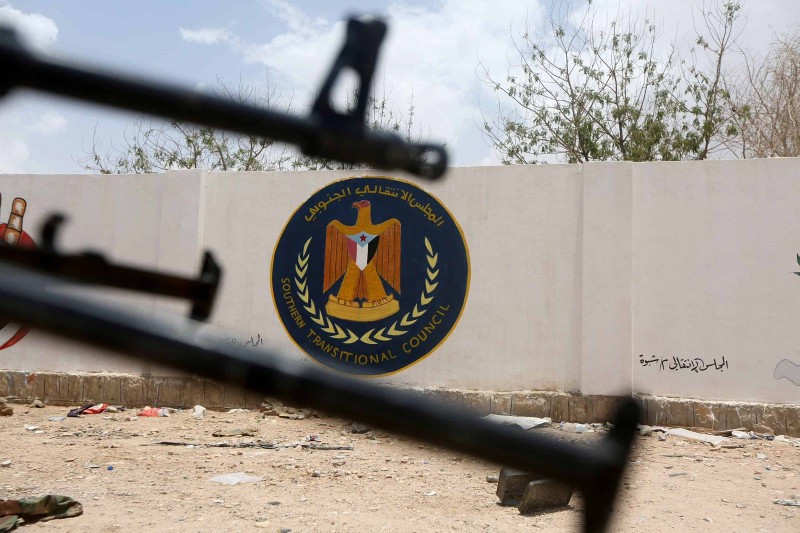Saudi coalition in Yemen increases strikes on Houthi rebels


A Saudi-led coalition fighting Iran-backed rebels in Yemen accelerated airstrikes on the capital and elsewhere in the conflict-stricken country in recent weeks, as government forces advanced in the west coast and the key province of Marib, officials said Sunday.
The coalition said it hit military facilities in rebel-held Sanaa and launched airstrikes against Houthi front lines in the strategic Marib and Hodeida provinces.
Government forces, meanwhile, seized a major district in Hodeida province and other areas on Yemen's western coast, military officials from both sides said. The officials spoke on condition of anonymity because they were not authorized to brief media.
The rebels did not immediately comment on government advances in Hodeida. But Houthi-run media reported dozens of airstrikes by the coalition on the rebels in the provinces of Hodeida, Marib, Sanaa, Tazi and Saada.
The escalation of fighting in recent weeks comes as the rebels repeatedly push back against diplomatic efforts by the U.N. and U.S. to bring an end to the Houthis' Marib offensive and missile and drone attacks on Saudi Arabia. The U.N. and U.S. want the Houthis to engage in negotiations to find a settlement to the yearslong conflict in Yemen.
Yemen's war began with the 2014 takeover of Sanaa by the Houthis, who control much of the country's north. The Saudi-led coalition entered the war in 2015, determined to restore the government and oust the rebels. The conflict has since become a regional proxy war that has killed tens of thousands of civilians and fighters. The war also created the world's worst humanitarian crisis, leaving millions suffering from food and medical care shortages and pushing the country to the brink of famine.
The Saudi-led coalition said it launched numerous airstrikes over the past week on Houthi military camps and storehouses for ballistic missiles and explosives-laden drones in Sanaa, the Saudi Press Agency reported.
In Hodeida province, government forces seized control of the district of Hays and a major highway linking the contested port city of Hodeida with the rebel-held capital, according to military officials from both sides.
Abdu Abdullah Magli, a spokesman for the Yemeni Armed Forces, said forces advanced in the districts of Jabal Raas and Garrahi south of Hodeida city with the support of Saudi-led coalition airstrikes.
The developments come three weeks after pro-government troops known as the Joint Forces redeployed forces from Hodeida, arguing that there was no need for them to stay after the U.N.-brokered cease-fire in 2018 that ended fighting over the coastal city.
The escalation in Hodeida was a setback to the deal that was seen as an important first step toward ending the broader conflict in Yemen, devastated by years of civil war, but was never fully implemented.
In the port city of Mocha on Yemen's western coast, government forces launched their fiercest offensive against the Houthis in the the city in years, retaking several nearby towns in the past two weeks, said the officials.
Government forces with the help of coalition airstrikes accelerated their attacks south of Marib province, "reclaiming important and strategic positions" from the Houthis, said Magli, the military spokesman.
He said government forces and tribal fighters also attacked the rebels on the southern front line in Marib province, leaving dozens of Houthis dead and wounded.
The rebels have for months attempted to take oil-rich city of Marib to complete their control over the northern half of Yemen before engaging in settlement talks. The Houthis have also escalated cross-border attacks by ballistic missiles and explosive laden drones on Saudi Arabia.
The Houthi offensive on Marib has worsened the already dire situation in the province and sent waves of newly displaced persons to crowded camps on the outskirts of the city of Marib in recent weeks.
The province's 137 displacement camps have seen a nearly 10-fold increase in new arrivals since September, according to the U.N. migration agency.
The International Organization for Migration said last month that more than 45,000 people in Marib province have been forced to leave their homes since September, including many for the fourth or fifth time since the beginning of Yemen's war.
"IOM is extremely concerned about the prospect that hundreds of thousands of people might be forced to move again if violence reaches the city, as well as rising civilian causalities and the destruction of civilian infrastructure," said Christa Rottensteiner, the migration agency's chief in Yemen.

Abyan — The Southern Transitional Council (STC) in Yemen announced on Monday the launch of wide-scale military operations in Abyan province,…

Aden – Yemen is witnessing heightened political activity aimed at defusing tensions in the eastern provinces, where competing forces have vie…

Aden – Anwar Al-Tamimi, spokesman for the Southern Transitional Council (STC), stated that the council’s recent deployments toward Hadr…